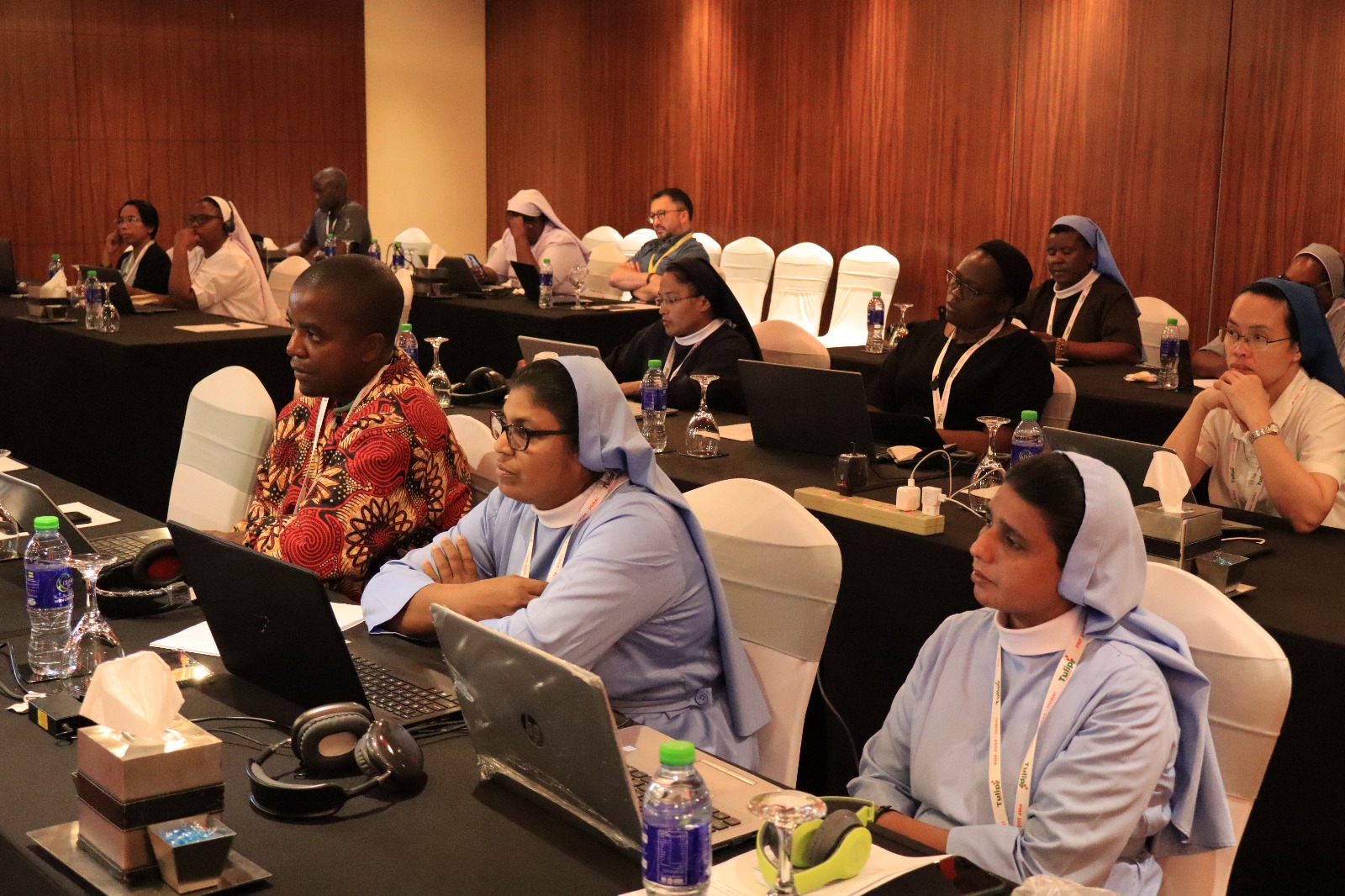A training program aimed at empowering religious leaders to serve marginalized communities across Africa, Latin America, and Asia is currently underway in Dubai.
The Project Management and Fundraising Training program, running from Sept. 2 to 6 at the Crowne Plaza in Deira, Dubai, is organized by Tulip Management Consultancy Ltd., UK, and co-funded by BEGECA, Germany.
The initiative has drawn 60 participants from 28 countries, representing 34 congregations and dioceses. Participants, including 27 women and 33 men, are undergoing comprehensive training designed to enhance their skills in project management and fundraising.
Of the 60 participants, 44 are attending virtually while 16 are present in Dubai, highlighting the program’s flexibility and accessibility.
Percy Patrick, the training director, underscored the importance of equipping religious leaders at the grassroots level.
“The primary goal of this training is to equip those working at the grassroots level with the skills necessary to initiate and manage projects that will significantly impact the lives of marginalized groups,” he said.
“We want to ensure that these religious leaders can be the voice of the voiceless and bring about real change in their communities,” he added.
Patrick noted that the program is specifically tailored for faith-based and Catholic organizations, filling a gap in the training of religious leaders working in remote areas.
“Historically, religious leaders supporting missions in remote areas, particularly in the outskirts of Africa and parts of Asia, have not received the training needed to effectively manage their work. This program is designed to fill that gap,” he added.
Fr. Lord Winner CMF, the program’s spiritual director, spoke about the vital role of training in ensuring religious leaders can advocate for the marginalized.
“If religious leaders are not trained, they cannot effectively advocate for the marginalized. This training helps them bring spirituality into the lives of the people they serve, making a lasting impact,” he said.
With multilingual support, including simultaneous translation in English, French, and Spanish, the program accommodates participants from various linguistic and cultural backgrounds.
Trainers from Europe, the United Kingdom, and Latin America are providing expertise to participants, who are learning essential skills that extend beyond fundraising, impacting daily life, social interactions, and spiritual growth.
“While the focus is on fundraising, the skills and tactics taught extend far beyond that. They learned skills and techniques that encompass their daily life, social interactions, and spiritual growth. The impact of this training is far-reaching, particularly for those living in remote, poverty-stricken areas where resources are scarce,” Patrick pointed out.
The initiative has also fostered a culturally rich environment, bringing together different congregations and dioceses, as well as community-based individuals and charismatic leaders, many of whom are making significant impacts in their communities despite not being part of professional organizations.
One participant, reflecting on the program, noted, “For me, as an attendee, this training goes beyond money and fundraising. It’s about making a lasting difference in the lives of the vulnerable.”
The training aims to support sustainable development in remote areas, with a commitment to the “do no harm” principle, ensuring inclusivity in all efforts.
The program encourages religious leaders to deliver a message that resonates deeply with the communities they serve, urging people to move beyond rituals and experience the transformative power of spirituality.







